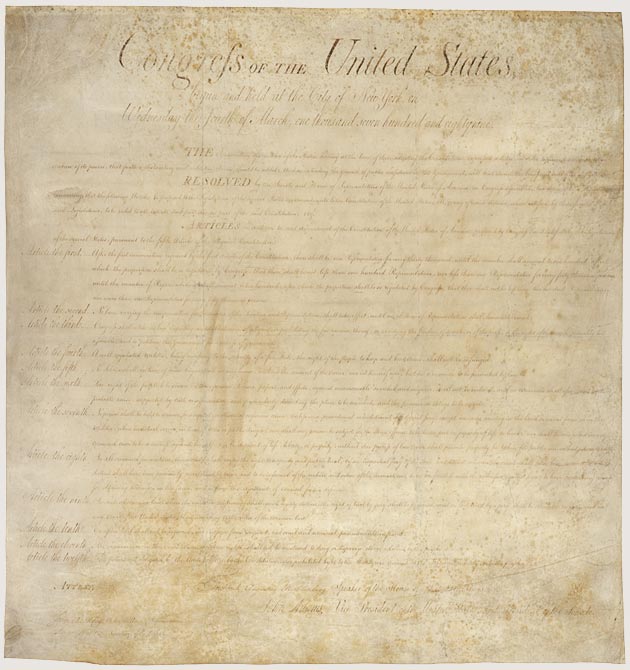 The caller was anonymous, and there was little evidence corroborating the caller’s claim. He or she called 9-1-1 and reported she was driving southbound on Highway 1 and was just run off the road. The caller described a silver Ford F150 truck with a California license plate. It did not take long before officers spotted a silver F150 and pull it over based on the anonymous caller’s report. After stopping the truck, the officers ended up finding and seizing marijuana. The question is whether this stop was lawful.
The caller was anonymous, and there was little evidence corroborating the caller’s claim. He or she called 9-1-1 and reported she was driving southbound on Highway 1 and was just run off the road. The caller described a silver Ford F150 truck with a California license plate. It did not take long before officers spotted a silver F150 and pull it over based on the anonymous caller’s report. After stopping the truck, the officers ended up finding and seizing marijuana. The question is whether this stop was lawful.
The question is being answered in Navarette v. California. The case actually involves two defendants, and the defendants are brothers. The brothers were both in the truck when the marijuana was seized, so both of them were charged with marijuana offenses. The Navarette case started in a California state court and made its way to the United States Supreme Court. The Supreme Court recently held oral arguments.
Longstanding precedent holds officers are able to make an investigative traffic stop if they have a reasonable suspicion that the vehicle’s occupants committed a crime. There is also precedent regarding when an anonymous tip can justify detaining a suspect. Generally, the tip must have ‘sufficient indicia of reliability’, which usually means it must be corroborated by independent observations by the officers. The leading Ohio decision on this topic is Maumee v. Weisner. In that case, the Ohio Supreme Court addressed whether the stop for a D.U.I./O.V.I. investigation was proper.
One case that will likely play a role in the outcome of Navarette is Florida v. J.L. In that case, an anonymous caller reported that a black male wearing a plaid shirt was carrying a gun. Officers detained a person matching that description, conducted a limited search for weapons, and seized a gun. The United States Supreme Court decided an anonymous tip a person is carrying a gun, without more, is insufficient to justify a ‘stop and frisk’. Florida v. J.L. is similar to Navarette because both involve anonymous claims that a person did something illegal.
Some of the questions asked during the oral argument involved the existence of a threat to public safety. The Court could create an exception to the warrant requirement when the circumstances involve a threat to public safety. It seems unlikely this will be the case in which such a rule is created, as it appears the stop was made to investigate a crime that already occurred rather than a continuing threat to public safety. Such a rule would not be very helpful anyway, as most situations involving search and seizure can be said to involve a threat to public safety. We have enough exceptions to the warrant requirement; we do not need another one.
If the Supreme Court concludes an anonymous tip alone is enough to stop and frisk a suspect, the strength of the Fourth Amendment will be diluted. Every disgruntled motorist will be able to call the police, anonymously, and make claims that lead to another motorist being pulled over. Drivers should not be inconvenienced and hassled based on uncorroborated tips from a person who chose to remain anonymous. That is an unreasonable seizure.
 Columbus OVI/DUI Attorney Blog
Columbus OVI/DUI Attorney Blog

